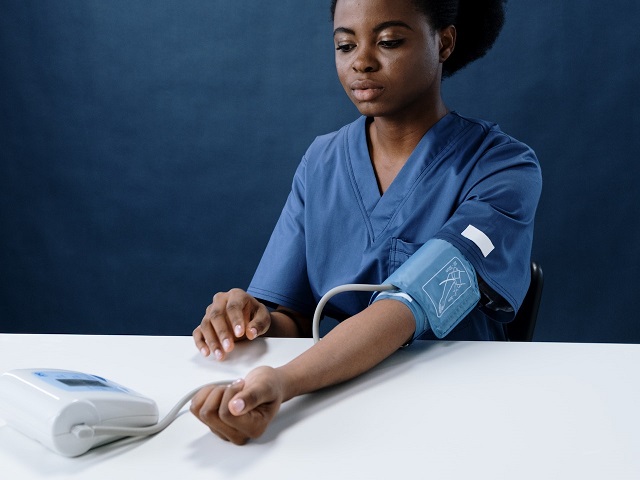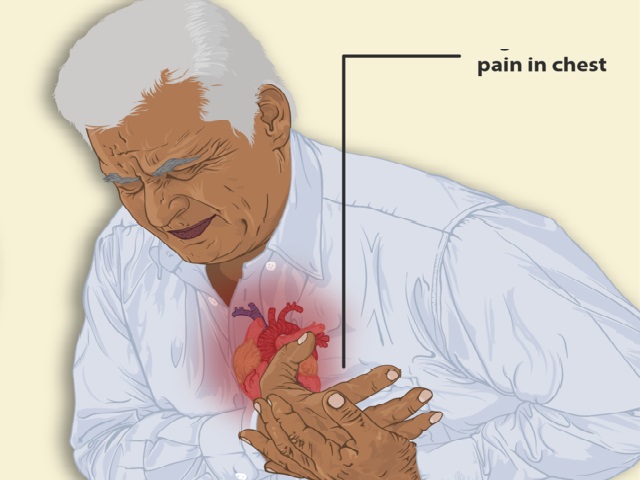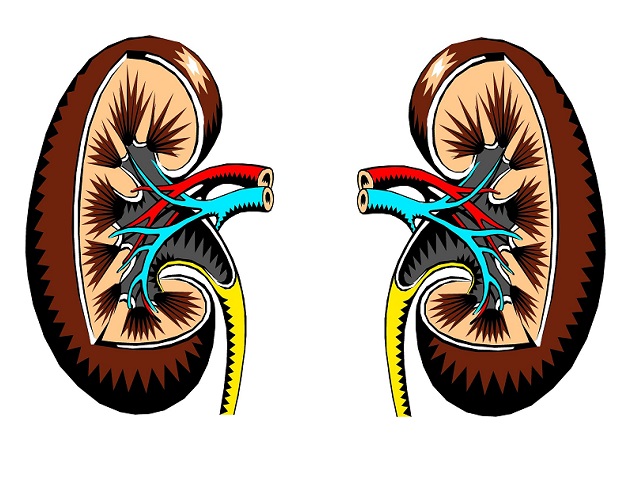5 Signs You May Have Hypertension -- Symptoms, Causes, Effects, Treatment and Prevention
Hypertension, commonly known as high blood pressure, is a chronic medical condition characterized by consistently elevated blood pressure levels. It is a common health issue that can have significant implications for cardiovascular health and overall well-being.
Symptoms of Hypertension
In most cases, hypertension does not cause specific symptoms, which is why it is often referred to as the "silent killer." However, some individuals with severe hypertension may experience symptoms such as:
- Headaches
- Dizziness or lightheadedness
- Blurred vision
- Chest pain
- Shortness of breath
It's important to note that these symptoms are not exclusive to hypertension and may also be indicative of other underlying conditions. Blood pressure measurements are necessary for an accurate diagnosis.
Causes of Hypertension
Hypertension can have several contributing factors, including:
- Family history: Individuals with a family history of hypertension are at a higher risk of developing the condition.
- Lifestyle factors: Unhealthy lifestyle choices, such as a diet high in sodium, low physical activity levels, excessive alcohol consumption, smoking, and chronic stress, can contribute to the development of hypertension.
- Underlying medical conditions: Certain medical conditions, including kidney disease, hormonal disorders, and obstructive sleep apnea, can increase the risk of hypertension.
- Age and gender: The risk of hypertension increases with age, and men are more likely to develop hypertension until the age of 64, while women have a higher risk after menopause.
Effects of Hypertension
Untreated or poorly controlled hypertension can lead to various complications, including:
- Cardiovascular diseases: Hypertension puts a strain on the heart and blood vessels, increasing the risk of conditions such as heart attack, heart failure, stroke, and peripheral artery disease.
- Kidney damage: Prolonged hypertension can damage the kidneys and impair their function, leading to chronic kidney disease or kidney failure.
- Eye problems: Hypertension can affect the blood vessels in the eyes, potentially causing vision loss or retinopathy.
- Cognitive decline: Long-term hypertension may contribute to cognitive decline and an increased risk of developing dementia.
Treatment of Hypertension
The treatment of hypertension aims to lower and control blood pressure levels. Treatment strategies may include:
- Lifestyle modifications: Adopting a healthy lifestyle, including a balanced diet rich in fruits, vegetables, and whole grains, reducing sodium intake, regular physical activity, maintaining a healthy weight, limiting alcohol consumption, and managing stress.
- Medications: In some cases, healthcare providers may prescribe antihypertensive medications to help lower blood pressure. The choice of medication depends on various factors, such as the severity of hypertension and the presence of other medical conditions.
- Regular monitoring: Regular blood pressure checks and follow-up appointments with healthcare providers are essential for monitoring blood pressure levels and adjusting the treatment plan as needed.
Prevention of Hypertension
Preventing hypertension or managing its progression involves:
- Adopting a healthy lifestyle: Maintaining a balanced diet, engaging in regular physical activity, managing stress, avoiding tobacco use, and limiting alcohol consumption.
- Regular check-ups: Regular blood pressure screenings are important, especially for individuals with a family history of hypertension or other risk factors.
- Managing underlying conditions: Effectively managing underlying medical conditions, such as diabetes or kidney disease, can help prevent hypertension or keep it under control.
It is crucial to consult with a healthcare professional for proper diagnosis, personalized treatment, and ongoing management of hypertension.
References:
Hypertension. Mayo Clinic. Retrieved from https://www.mayoclinic.org/diseases-conditions/hypertension/symptoms-causes/syc-203502 hypertension
Hypertension (High Blood Pressure). Centers for Disease Control and Prevention. Retrieved from https://www.cdc.gov/bloodpressure/index.htm














